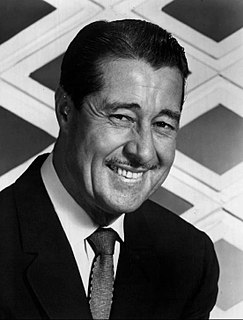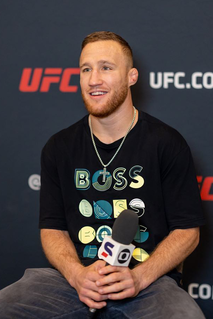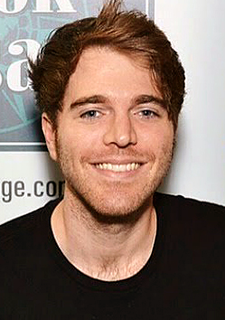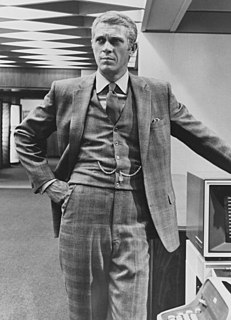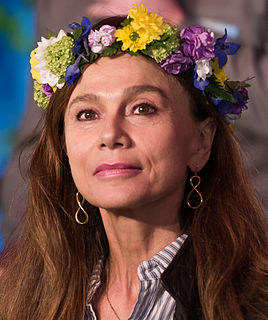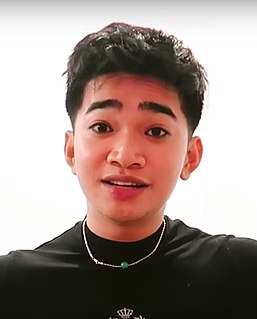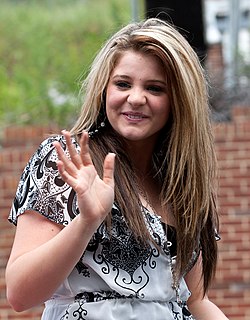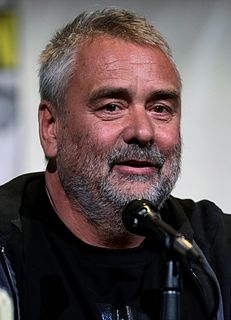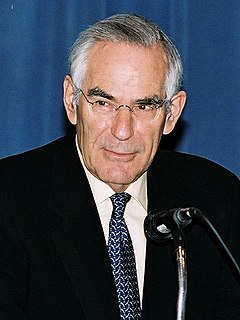A Quote by Don Ameche
The camera was kind to me. But I was never a screen personality like Gable or Flynn. The camera did something with their faces that was special.
Related Quotes
I've been wanting to do some type of video about the idea that YouTubers have to have some kind of personality disorder, something right, to do what we do. Putting ourselves on camera all the time, being so open on camera all the time, having conventions with our name in it. There has to be something.
I don't like to put too much effort into things. I find that once you get involved with special effects it is no longer about what is happening in front of the camera and I really want to concentrate on what is happening in front of the camera, like the man apparently peeing on the surface of the screen.
The difference between an amateur and a professional photographer is that the amateur thinks the camera does the work. And they treat the camera with a certain amount of reverence. It is all about the kind of lens you choose, the kind of film stock you use… exactly the sort of perfection of the camera. Whereas, the professional the real professional – treats the camera with unutterable disdain. They pick up the camera and sling it aside. Because they know it’s the eye and the brain that count, not the mechanism that gets between them and the subject that counts.
Film, television, and working with a camera is such an intimate art form that if a camera is right on you, and I've got your face filling the screen, you have to be real. If you do anything that is fake, you're not going to get away with it, because the camera is right there, and the story is being told in a very real way.
